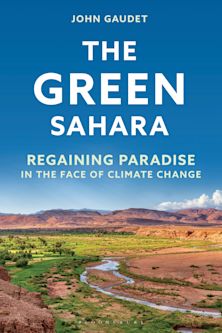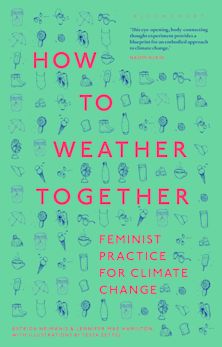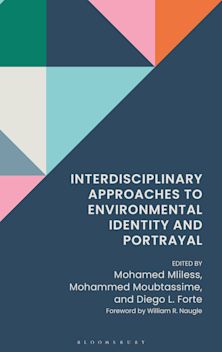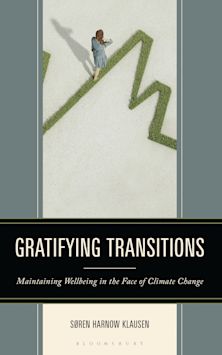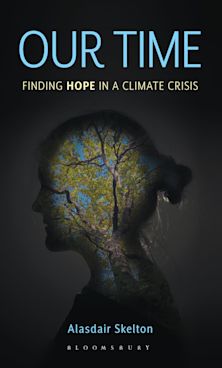- Home
- ACADEMIC
- Environmental Studies
- Globalization and the World Ocean
This product is usually dispatched within 3 days
- Delivery and returns info
-
Free US delivery on orders $35 or over
Exam copy added to basket
Choose your preferred format. Please note ebook exam copies are fulfilled by VitalSource™.
You must sign in to add this item to your wishlist. Please sign in or create an account
Description
Jacques offers a unique analysis of the connections between global marine and atmospheric science to global political phenomena. He shows how human survival is intricately linked to the sustainability of the world ocean, a singular connected body of regional oceans that is by definition a global resource that touches all other ecosystems. Jacques warns that the world ocean now offers evidence of several existential crises for global human populations, including declining global fisheries, coral reef losses, and climate change, but there has been a lack of global or regional cooperation in sustaining this complex ecosystem. He suggests how we can synthesize and coordinate global ecological information, exploring three regional areas in their local and global context: the South Pacific, Caribbean basin, and Southeast Asia. His book will be a valuable resource for researchers and students in environmental studies, marine sciences, and globalization studies.
Table of Contents
2 Chapter 2: Global Environmental Theory, Oceanic Circles
3 Chapter 3: Marine Political Ecology
4 Chapter 4: Sustainability in the South Pacific
5 Chapter 5: Sustainability in the Caribbean Basin
6 Chapter 6: Sustainability in Southeast Asia
7 Chapter 7: Connecting the Parts-Theoretical Connections
8 Chapter 8: Conclusion
Product details
| Published | Apr 27 2006 |
|---|---|
| Format | Paperback |
| Edition | 1st |
| Extent | 208 |
| ISBN | 9780759105850 |
| Imprint | AltaMira Press |
| Dimensions | 9 x 6 inches |
| Series | Globalization and the Environment |
| Publisher | Bloomsbury Publishing |
About the contributors
Reviews
-
Peter Jacques has written a unique and important book that makes a significant contribution to our understanding of the relationship between environmental quality, globalization, and international conflict. By drawing together regional case studies of ocean sustainability he demonstrates a startlingly strong correlation between economic globalization, the relative decline of marine systems, and armed conflict. The more intense the globalization is in a region, the greater the likelihood of marine ecosystem destruction and increased armed conflict. This book demonstrates that the current trend of economic globalization will not provide a sustainable environmental future and, contrary to the prevailing international relations wisdom, will also lead to increased human conflict. Dr. Jacques' work should be read by government, business, and NGO leaders all over the world as a well as by any serious students of security and environmental policy..
Zachary A. Smith, Northern Arizona University
-
Globalization and the World Ocean provides poignant critique of the application of neo-liberal politics, and its associated economic structures, in ocean space.
Global Environmental Politics
-
This is an important addition to the literature on the international relations of global marine politics. Peter Jacques combines a global perspective with the study of the world oceans, which is going to be a major issue area in the 21st century.
Gabriela Kütting, Rutgers University
-
Peter Jacques has written a unique and important book that makes a significant contribution to our understanding of the relationship between environmental quality, globalization, and international conflict. By drawing together regional case studies of ocean sustainability he demonstrates a startlingly strong correlation between economic globalization, the relative
decline of marine systems, and armed conflict. The more intense the globalization is in a region, the greater the likelihood of marine ecosystem destruction and increased armed conflict. This book demonstrates that the current trend of economic globalization will not provide a sustainable environmental future and, contrary to the prevailing international relations wisdom, will also lead to increased human conflict. Dr. Jacques' work should be read by government, business, and NGO leaders all over the world as a well as by any serious students of security and environmental policy.Zachary A. Smith, Northern Arizona University














